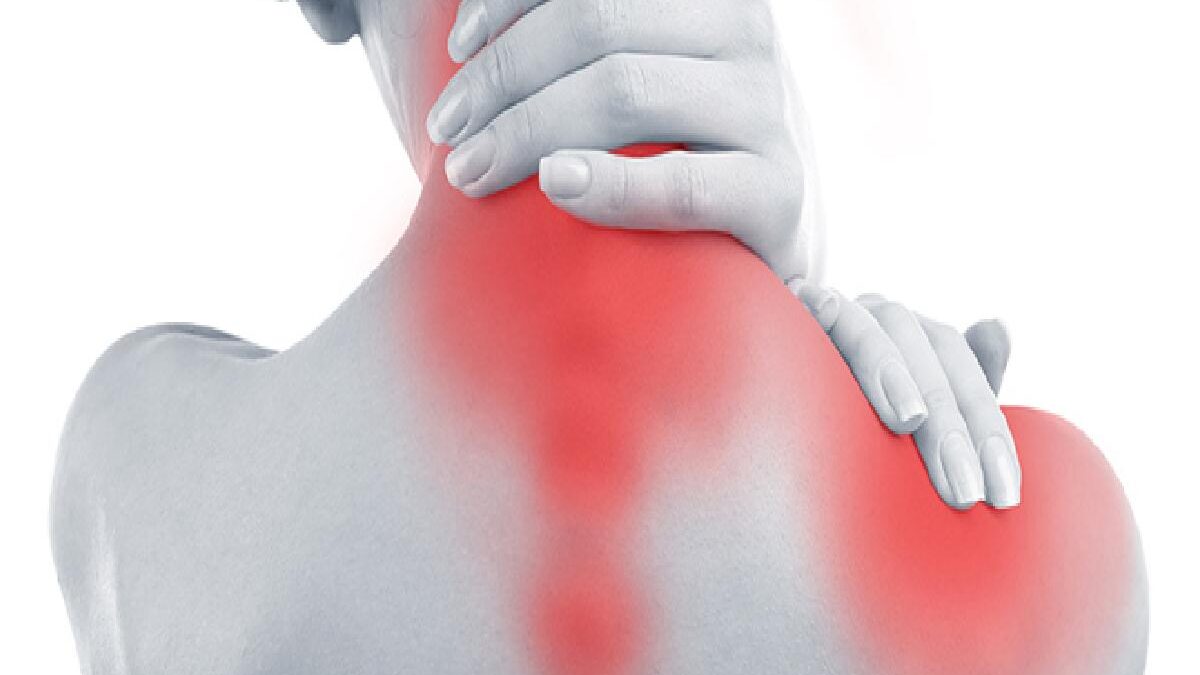Table of Contents
Introduction
Inflammation – Inflammatory and immune-based diseases are becoming more frequent and appear at younger ages. Some of them are ulcerative colitis, Crohn’s disease, rheumatoid arthritis, psoriasis, or lupus. Epidemiological studies indicate that more than 20% of the population suffers from one of these diseases, that is, one in five people
What are the Different Types?
It can be acute or chronic:
Acute inflammation continues for a few days and helps the body recover after infection or injury.
Chronic inflammation occurs if the disease or infection does not go away or if the body is injured repeatedly (for example, by tobacco smoke). Chronic inflammation lasts for months to years and can cause other medical problems.
What are the Signs and Symptoms of Inflammation?
Symptoms include the following:
- redness
- swelling
- pain
- heat (temperature)
- trouble using the affected area
Inflammation is a reason for the area to become red and swollen. It also causes pain, making it difficult to use the knee usually. Chronic inflammation can cause other symptoms, such as tiredness and fever.
How does Inflammation Occur?
Redness and warmness. The work of the immune system is to fight germs and disease. When infection damages the body, the immune system transports healing cells to the affected area. These cells make chemicals that cause blood vessels to dilate (get bigger). This blood will bring with it more healing cells. Some cells and healing fluids pass through the injured areas, causing inflammation. The chemicals also activate nerves to send pain messages to the brain. This pain lets the person know that they must protect that area of the body so that it can heal.
Causes of Inflammation
Causes of Inflammation include the Following:
an infection or medical condition, such as:
- sinusitis (of the paranasal sinuses)
- cystitis ( of the bladder)
- bronchitis ( in the lungs)
- vasculitis ( of the blood vessels)
- dermatitis ( of the skin)
- an injury, such as a bee sting, cut, or bruise
- diabetes
- Rheumatoid arthritis
- psoriasis
- inflammatory bowel disease
- damage from the use of chemicals (such as tobacco smoke) or radiation
Symptoms

The indications of inflammatory bowel disease vary depending on the intensity and where it develops. Symptoms can be mild to severe. You are likely to have periods when the condition follows by remission periods.
Common Signs and Indications of Crohn’s Disease and Ulcerative Colitis include the following:
- Diarrhea
- Fatigue
- Cramps and abdominal pain
- Presence of blood in the stool
- Decreased appetite
- unintentional weight loss
Types of Inflammation
In this way, Inflammation Classifies into two main types:
Acute inflammation – usually occurs over a short period. Symptoms appear quickly and usually resolve within hours, days, or weeks. What this type of inflammation does is help the body to return to its pre-injury or condition state. Now, when this response persists, chronic occurs.
Chronic inflammation or low-grade inflammation: This is a slower and usually less severe form of inflammation, lasting more than six weeks. This type of inflammation leaves the body in a constant state of alert that, over time, can negatively impact tissues, organs, and systems. It can happen even when there are no injuries, and it doesn’t always end when the illness or injury heals.
Inflammation is a process that triggers our immune system to stop further damage and subsequently restore tissue and remove waste. Our immune system creates inflammation to protect the body from infection, injury, or disease. However, as part of the inflammatory response, the body increases the production of white blood cells, immune cells, and materials called cytokines that help fight infection.
Without inflammation, we would not be able to recover from many standard and recurring conditions. But it becomes destructive when the inflammation persists over time beyond what is necessary and stops responding to the reparative purpose. In these cases, we speak of chronic, a much more complex process that ends up becoming a dysfunction in itself that facilitates the appearance of some chronic pathologies
How is Inflammation Diagnosed?
There is no single test that can classify inflammation or the conditions that cause it. Depending on the symptoms, a doctor may perform different tests to establish a diagnosis.
Blood Test
Some so-called markers help diagnose in the body. However, these markers are not precise, which means that abnormal levels may indicate something wrong but not what is wrong. Generally, when doctors look for it, they look for some markers in the blood, including:
- Serum protein electrophoresis (PSE)
- C-reactive protein (CRP)
- Erythrocyte sedimentation rate (ESR)
Other Blood Tests
If a health professional suspects that it may be due to other factors, such as viruses or bacteria, they may request other specific tests.
When should I see a Specialist?
See your specialist if you have a persistent variation in bowel habits or if you have any signs or symptoms of inflammatory bowel disease. Although inflammatory bowel diseases are not usually life-threatening, they are severe and, in some cases, can lead to life-threatening complications.
How to Reverse Inflammation Naturally?
- Anti-inflammatory diet: prioritize natural and vegetable foods, and reduce ultra-processed and refined ones. Still, given the factors associated with low-grade or chronic inflammation, there is much to be done through diet and lifestyle.
- Reduce excess calories: a hypocaloric diet (if you are overweight) facilitates the production of beta-hydroxybutyrate, which blocks the inflammatory process and protects against cancer, dementia, or diabetes. Take care of the bacterial flora: a healthy intestinal flora showed to reduce intestinal and general inflammation.
- Intermittent fasting: in addition to following an anti-inflammatory diet, you can occasionally resort to fasting, which also induces the production of beta-hydroxybutyrate, regulating inflammation. Performing physical exercise regularly can reduce inflammatory markers and your risk of chronic disease.
- Look for quality sleep: sleeping the necessary hours during the night is extremely important. Researchers have discovered that lack of sleep promotes it.
- Natural supplementation: certain supplements help reduce it, such as quercetin, Boswellia, turmeric, fish oil, and magnesium, among many others.
Conclusion
Inflammatory bowel disease is a broad name used to describe a variety of disorders that feature chronic of the digestive tract. Among the different types of inflammatory bowel disease can be mentioned:
- Ulcerative colitis is a disease that presents with it and sores (ulcers) on the superficial coating of the large intestine (colon) and rectum.
- Crohn’s disease This type of inflammatory intestine disease is considered by inflammation of the digestive tract lining, usually its deeper layers.

